A man got the coronavirus in the wake of recouping from an underlying session in April in what researchers said was the main case demonstrating that reinfection may happen inside a couple of months.
The 33-year-old's second SARS-CoV-2 disease was recognized through air terminal screening on his arrival to Hong Kong from Europe this month. Scientists at the University of Hong Kong utilized genomic grouping examination to demonstrate that he was tainted by two unique strains. The data innovation laborer didn't build up any side effects from his subsequent contamination, which may specify "resulting diseases might be milder," the scientists said.
"Our discoveries propose that SARS-CoV-2 may continue in people," Kwok-Yung Yuen and associates said Monday in a paper acknowledged for distribution in the diary Clinical Infectious Diseases. The discoveries additionally propose SARS-CoV-2 is suggestive of the coronaviruses that cause the basic cold and may keep on coursing "regardless of whether patients have obtained resistance through regular disease or using immunization," they said.
While a few patients have tried positive for the infection over numerous weeks, significantly after their manifestations have settled, researchers haven't completely comprehended whether these cases reflect waiting hints of the infection, a re-ejection of a disease, or another contamination.
World-First
This is "the world's first documentation of a patient who recouped from Covid-19, yet got another scene of Covid-19 a short time later," the analysts said in a messaged explanation.
It might be hard to track down Covid-19 survivors who have been reinfected with SARS-CoV-2 on the off chance that they don't show side effects, said Corey Smith, head of translational and human immunology at the QIMR Berghofer Medical Research Institute in Brisbane.
"Since he demonstrated no side effects on the subsequent contamination, almost certainly, even though the infection has figured out how to build up contamination, his memory safe reaction has likely forestalled any indicative ailment," Smith said in an email. "This recommends regular contamination may give security against sickness, however not reinfection."
Still Infectious?
One issue is that a reinfected individual may even now spread the SARS-CoV-2 infection to somebody who hasn't been recently uncovered, he said.
It's unavoidable that reinfections will happen, said Thomas File, leader of the Infectious Diseases Society of America and seat of irresistible maladies at Summa Health, an emergency clinic framework in Akron, Ohio. "The inquiry is how long after the underlying contamination may that happen?"
Assurance from reinfection will shift among individuals and may rely upon the individual patient, their insusceptible framework, regardless of whether the patient created indications to the primary contamination, and the idea of the second infection to which they have been uncovered, File said in a meeting Monday.
"We realize that if you take a gander at the occasional endemic coronaviruses, the measure of insusceptibility can be as low as four, five or a half year to possibly as long as a year or two," he said.
Questions Remain
Around the world, about 24 million individuals are known to have been contaminated with Covid-19, Maria Van Kerkhove, the World Health Organization's specialized lead on Covid-19, told columnists in Geneva Monday. Most patients - even the individuals who have a gentle case - mount a safe reaction to the contamination, she said.
It's important to document cases like the one described in Hong Kong, "but not jump to any conclusions," Van Kerkhove said. Studies tracking larger numbers of cases over time are needed to better understand the quality and durability of recovered patients' neutralizing antibody response to SARS-CoV-2, she said.
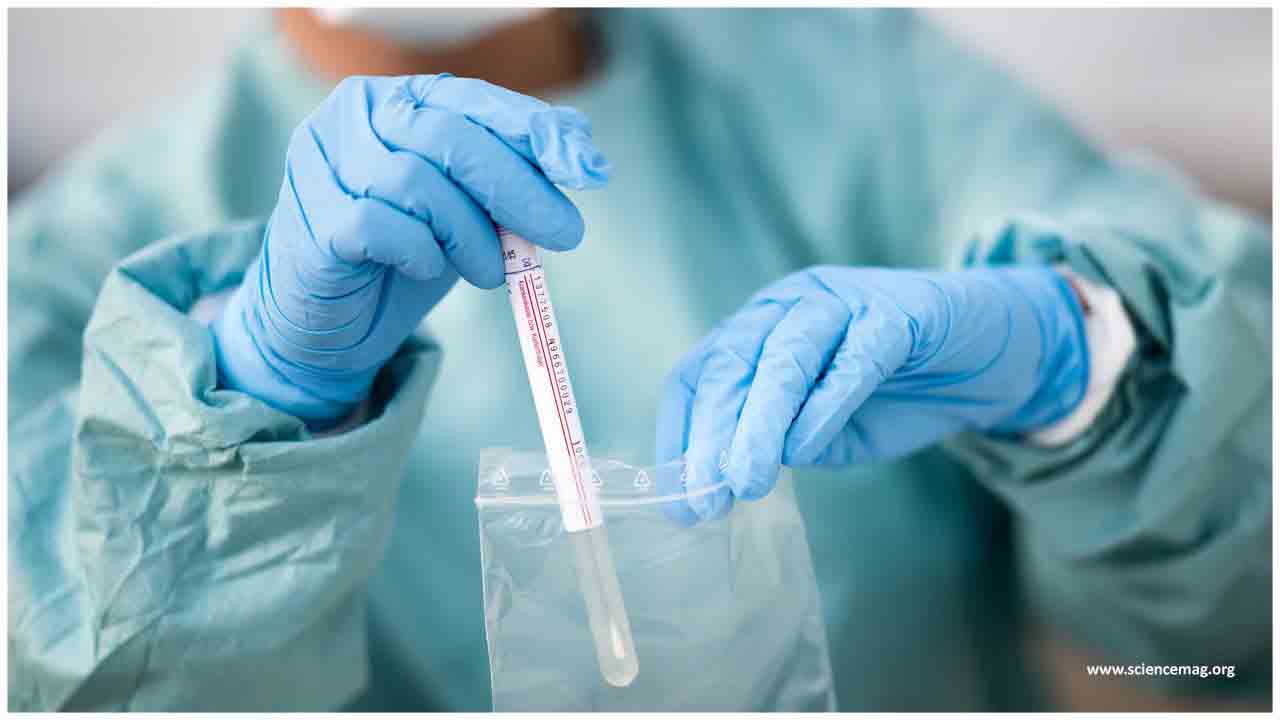
 The 33-year-old's second SARS-CoV-2 infection was detected via airport screening on his return to Hong Kong from Europe this month.
The 33-year-old's second SARS-CoV-2 infection was detected via airport screening on his return to Hong Kong from Europe this month.





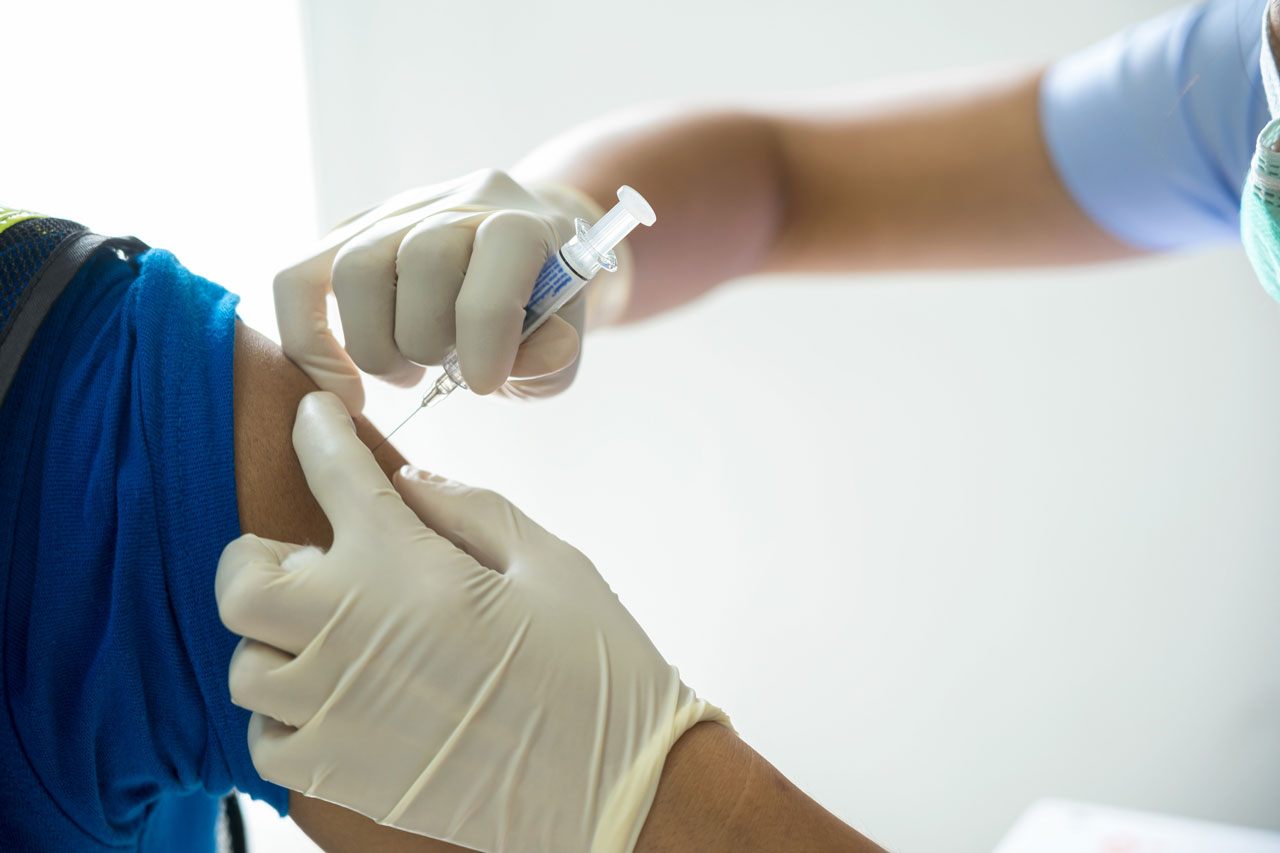
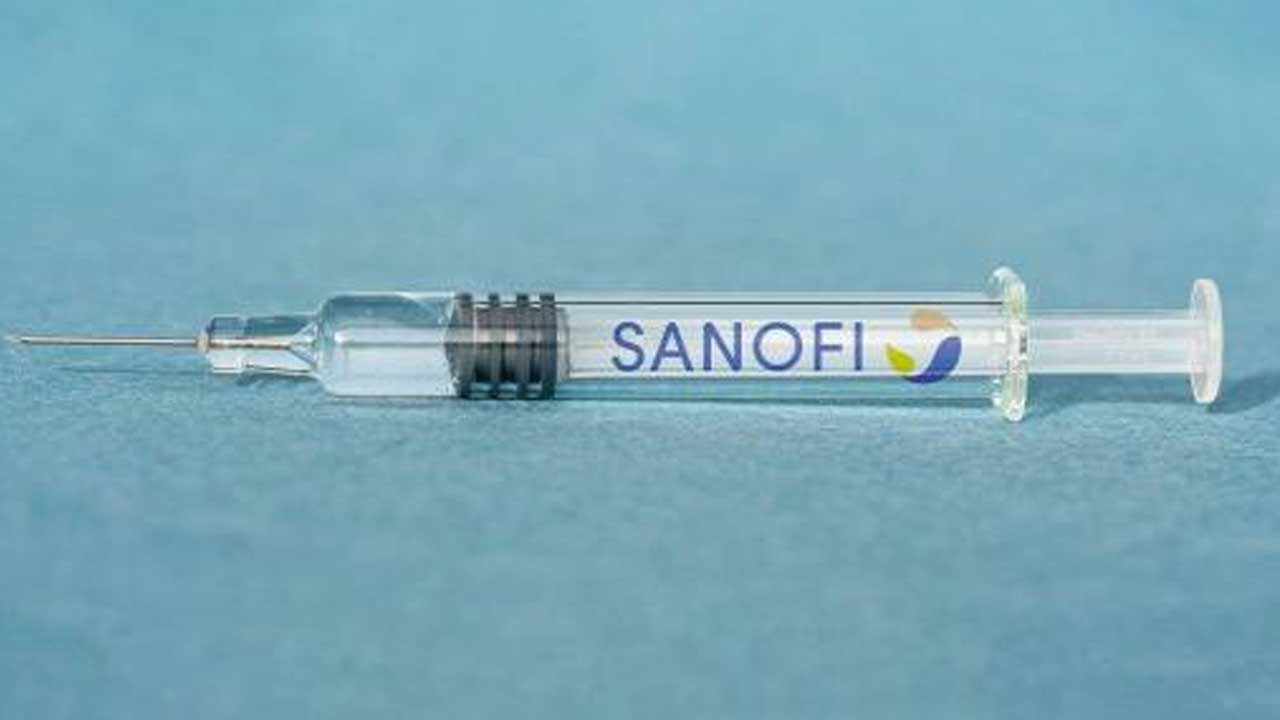
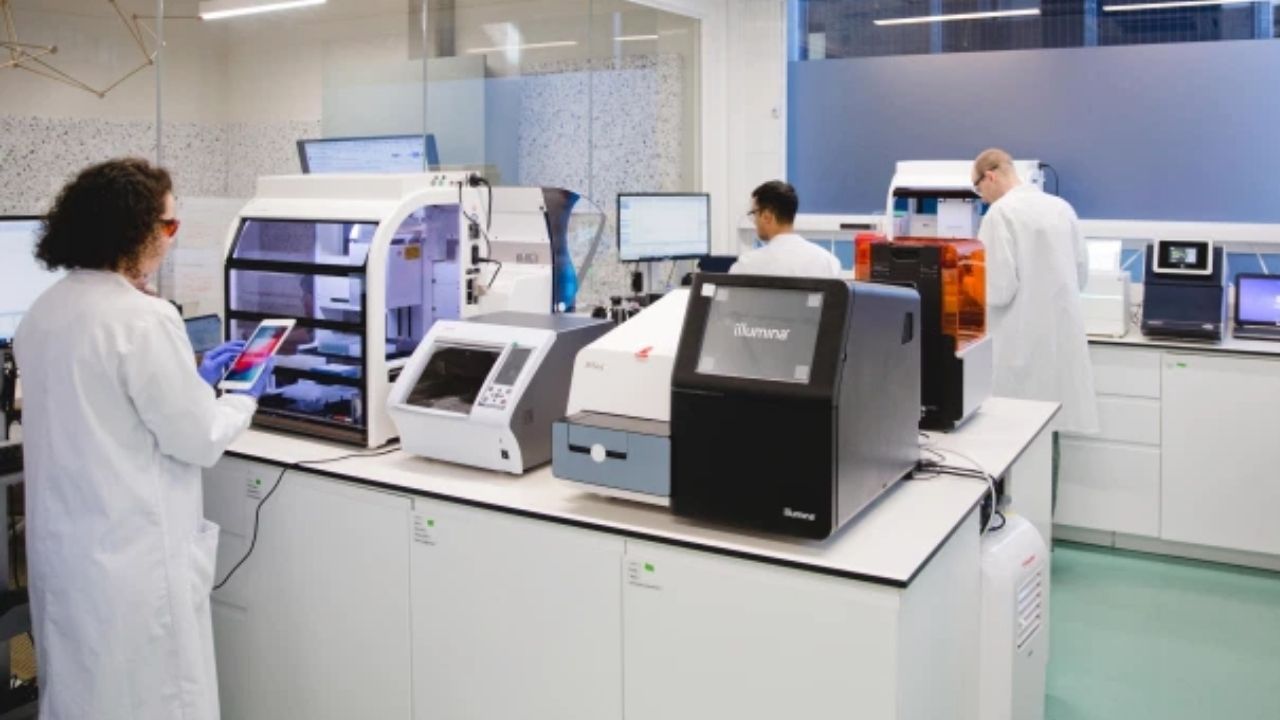


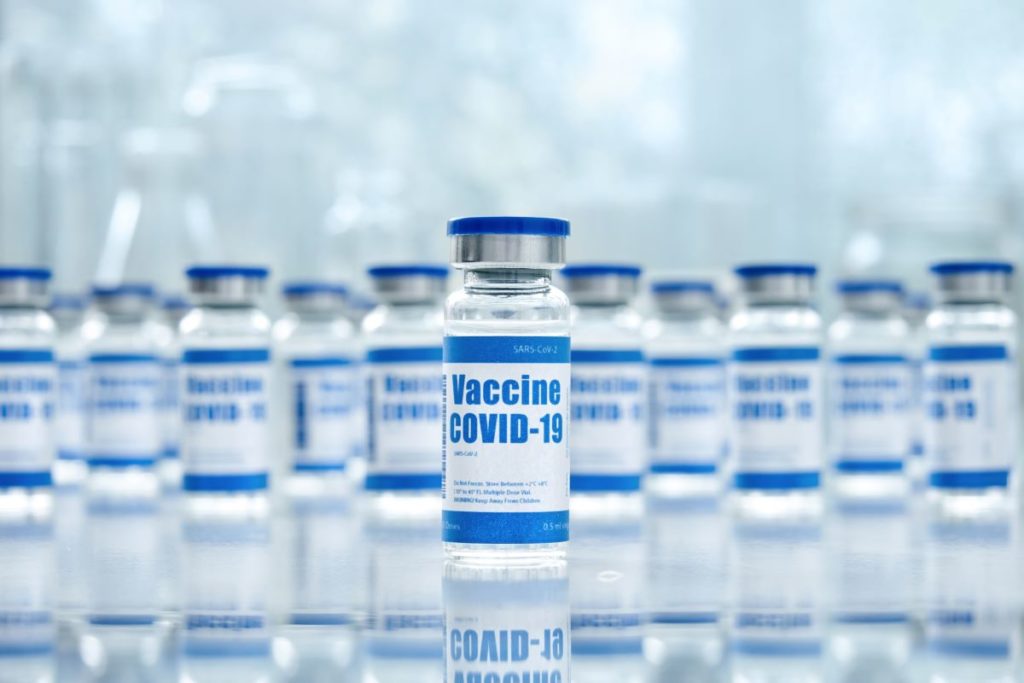

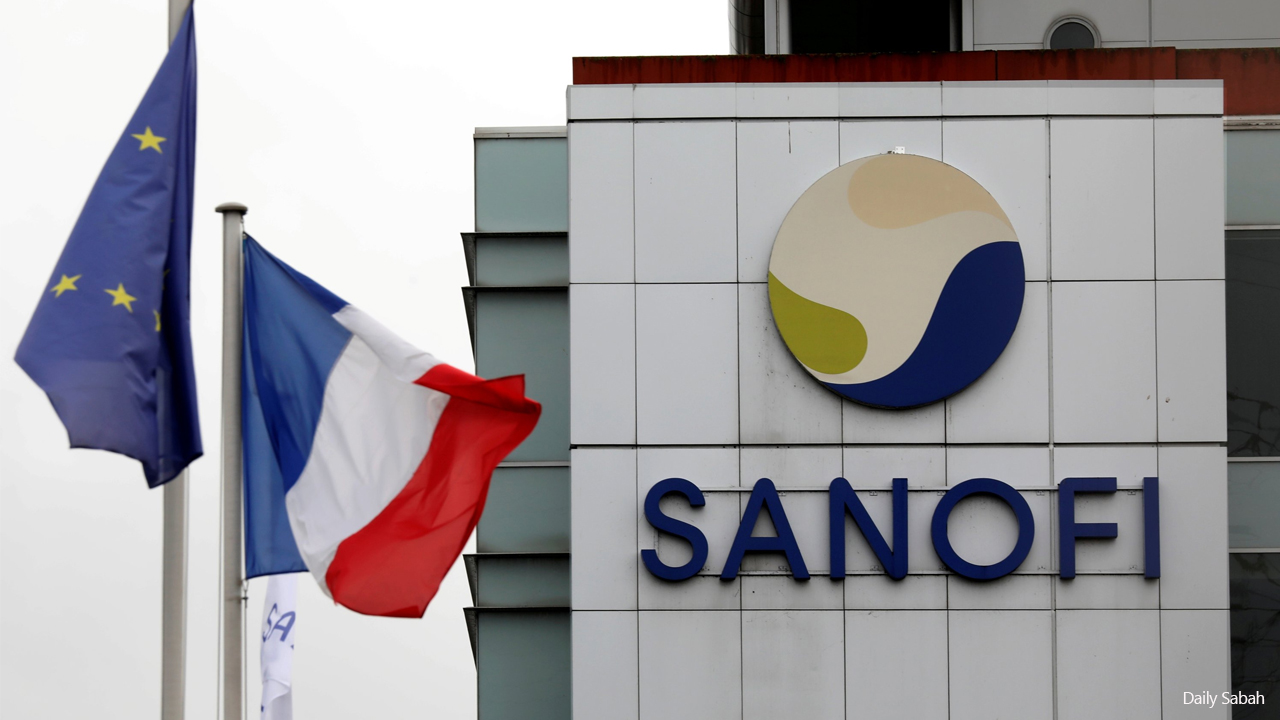
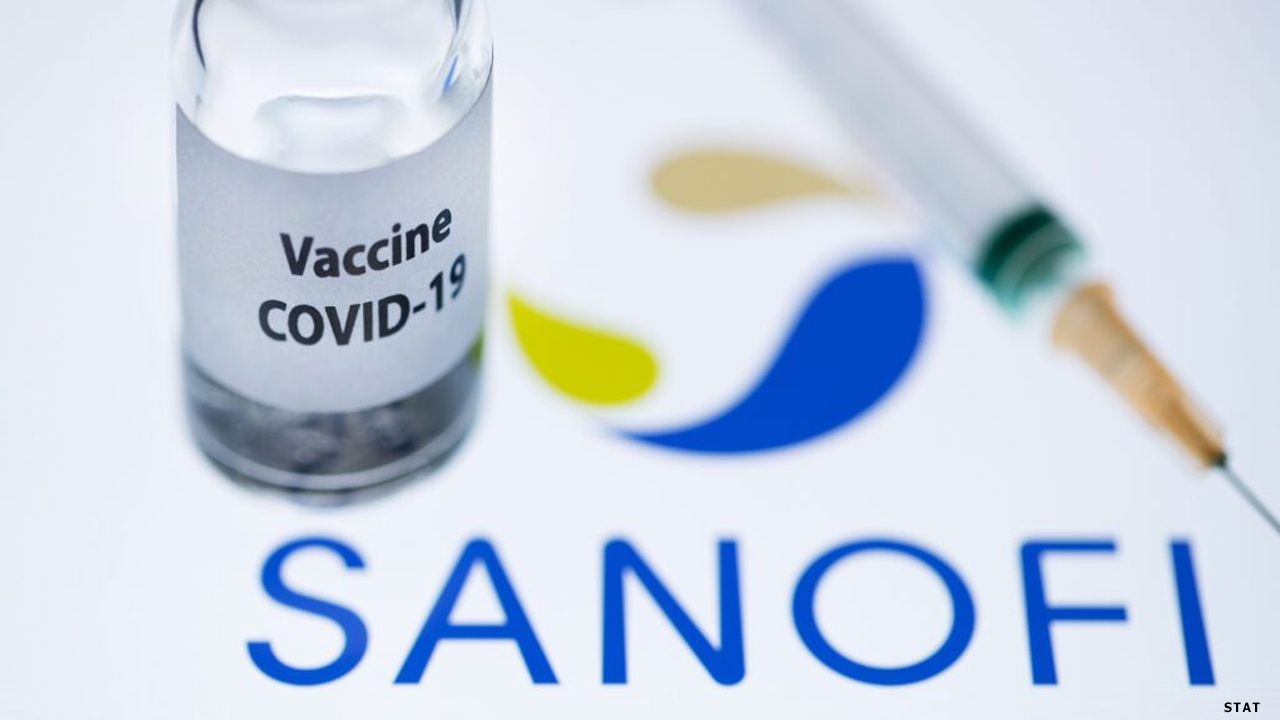





.jpeg)


.jpeg)



.jpeg)
.jpeg)






.jpeg)





